Description
Lovebird Lutino
The Lovebird Lutino (Agapornis sp.) is a small parrot native to Africa, admired for its vivid yellow feathers and striking orange facial markings. These birds are highly social and intelligent, often forming strong bonds with their owners or other birds, making them a delightful addition to any aviary.
In captivity, Lovebird Lutinos thrive on a balanced diet including high-quality seed mixes, pellets, fresh fruits, vegetables, and occasional protein supplements. Fresh water should always be available. A spacious cage or aviary with perches, toys, and enrichment activities encourages natural behaviors such as climbing, chewing, and vocalizing.
Lovebird Lutinos are playful, interactive, and curious, enjoying social engagement and mental stimulation. With proper care, they can live 10–15 years, providing long-term companionship and enjoyment for bird enthusiasts.
For authoritative information on lovebird care and behavior, visit Cornell Lab of Ornithology.
Frequently Asked Questions (FAQs):
Q: What makes Lovebird Lutino unique?
A: Its bright yellow plumage, orange face, and social, playful personality make it highly distinctive.
Q: What does a Lovebird Lutino eat?
A: It thrives on seed mixes, pellets, fresh fruits, vegetables, and occasional protein supplements.
Q: How tall does it grow?
A: It typically reaches 5–6 inches in height.

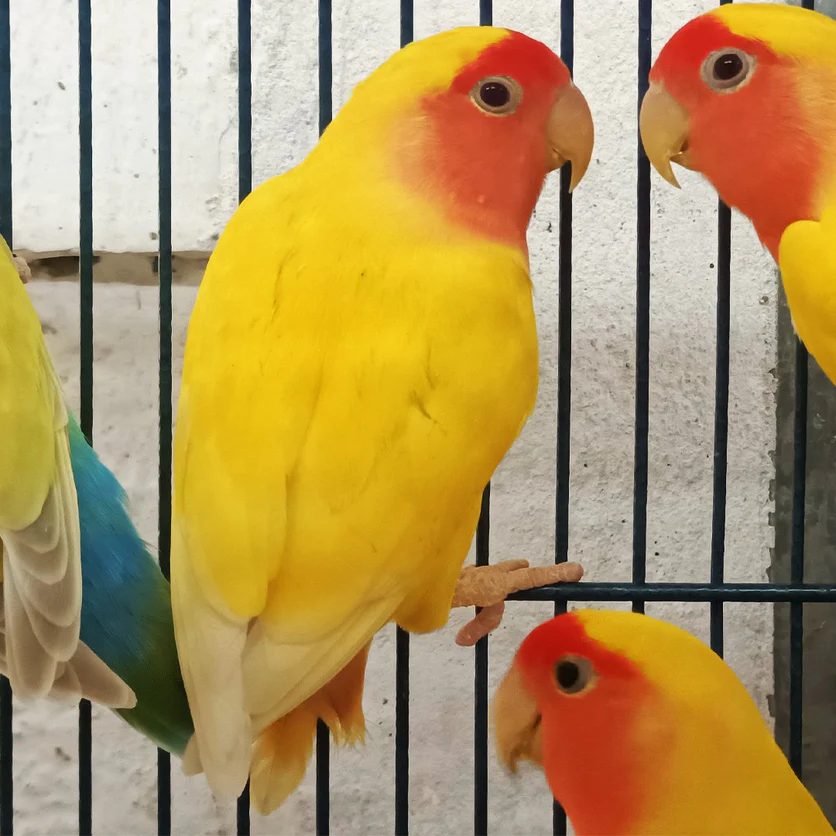
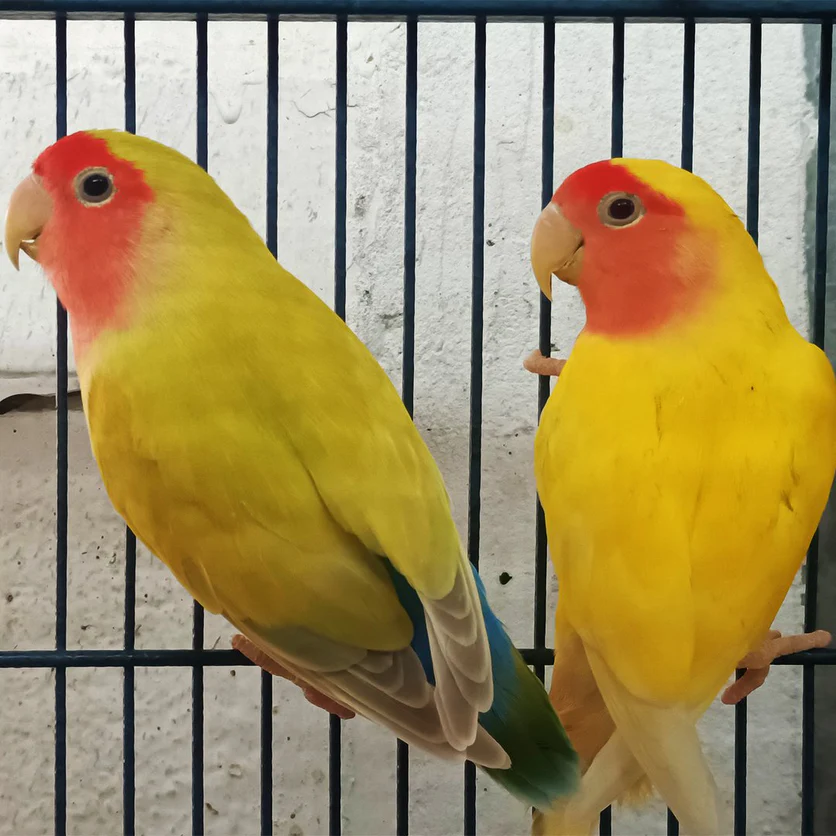
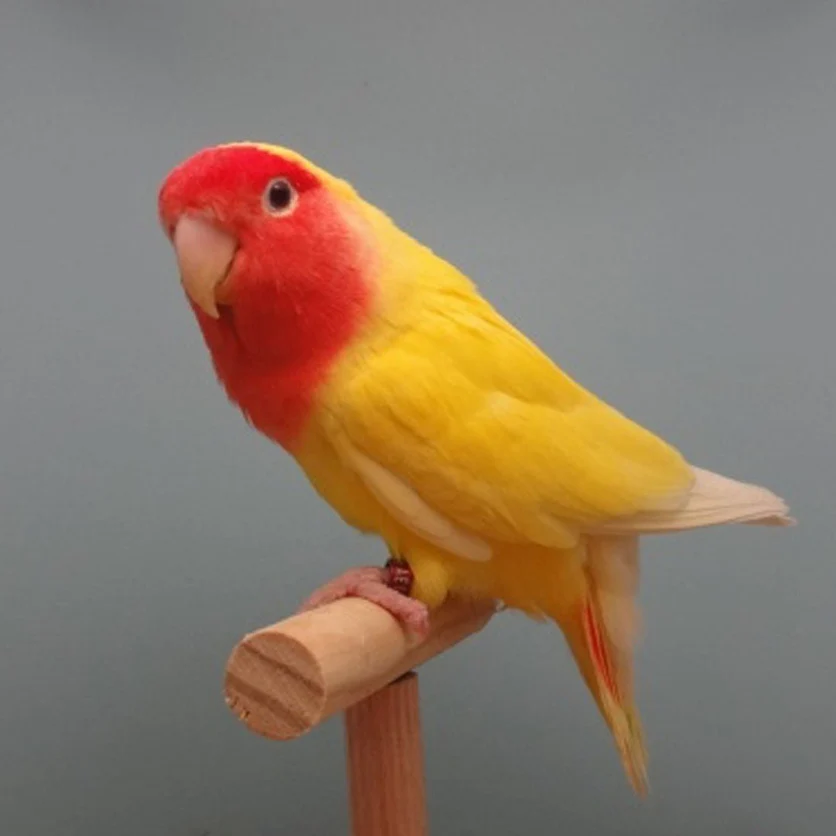
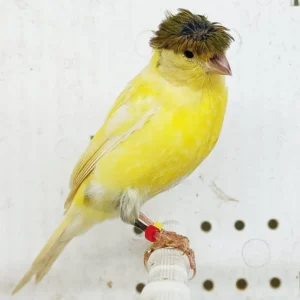
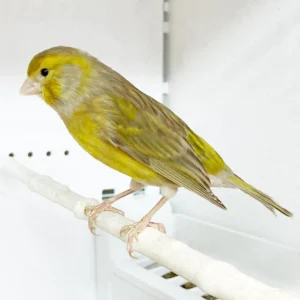
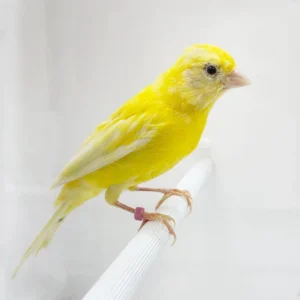
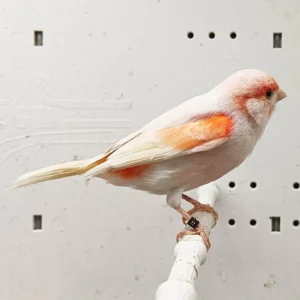
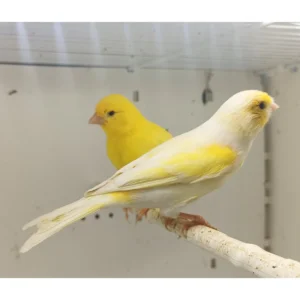
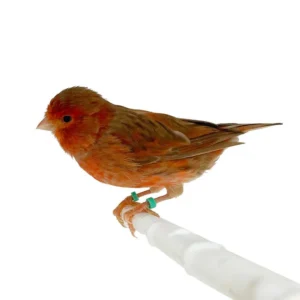
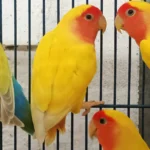
Reviews
There are no reviews yet